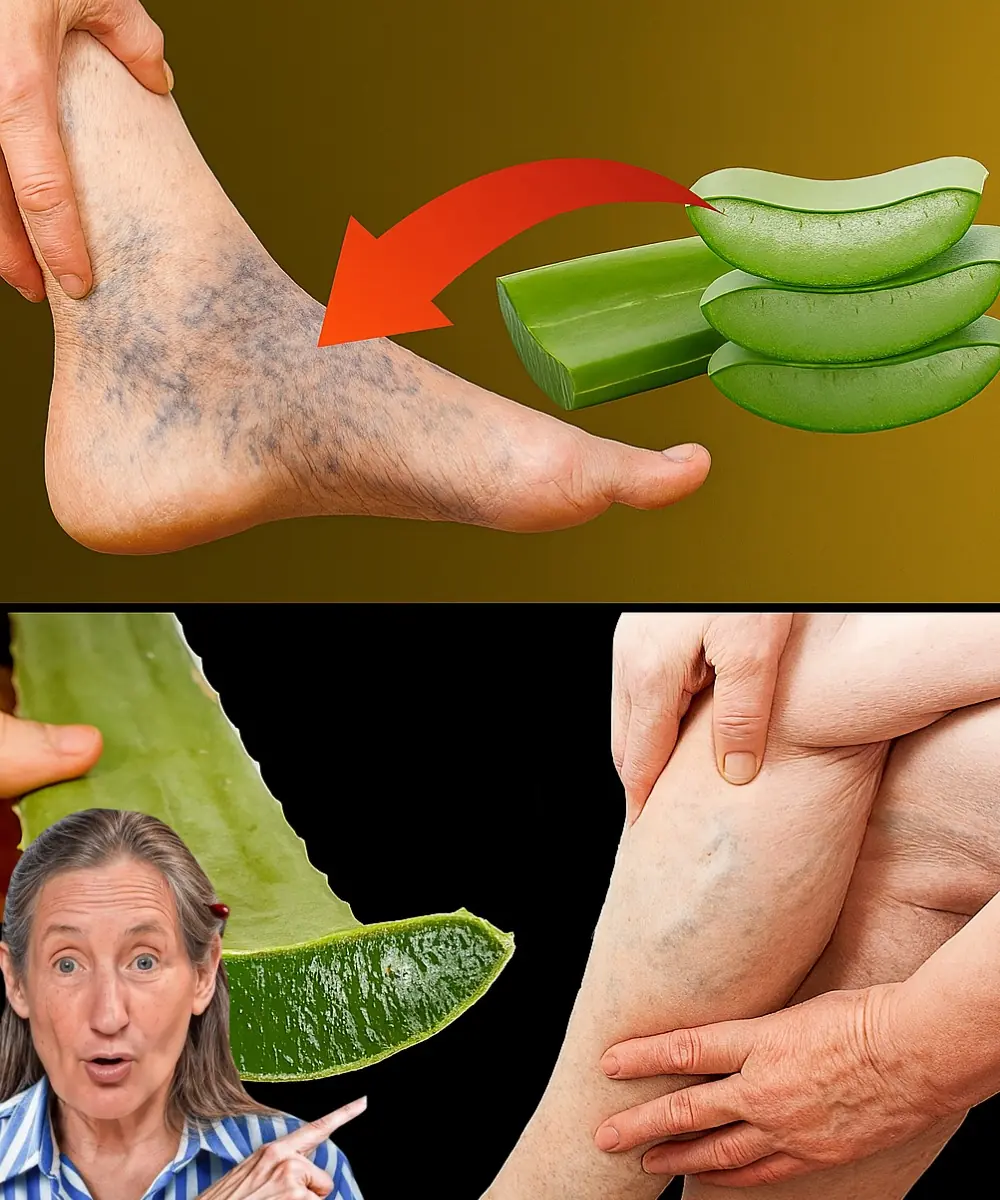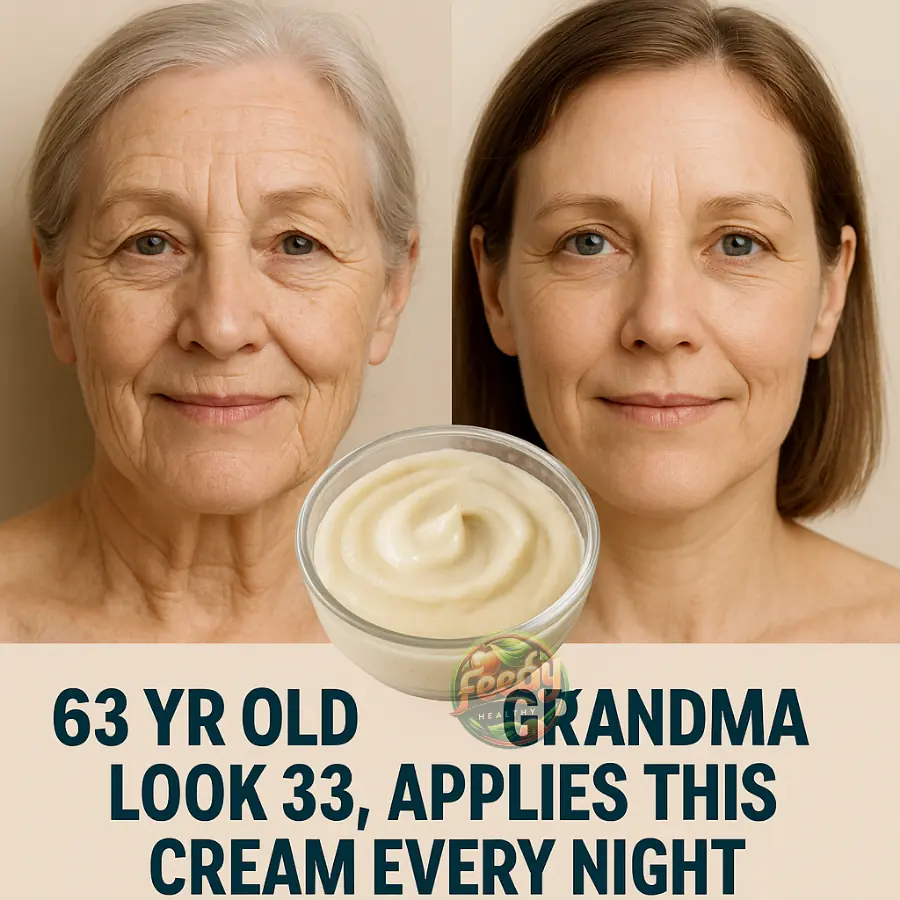
The 5 Incredible Benefits of Rosemary for Hair Growth and Health

When it comes to natural remedies for hair care, few herbs are as powerful and versatile as rosemary. Used for centuries in both medicine and beauty, rosemary is now backed by science for its impressive ability to boost hair growth, reduce thinning, and improve overall scalp health.
Whether you're trying to prevent hair loss, enhance shine, or care for your scalp, rosemary is a proven and all-natural solution worth trying.
1. Stimulates Hair Growth
Rosemary enhances blood circulation in the scalp, delivering more nutrients and oxygen to hair follicles — essential for awakening dormant roots and encouraging growth.
More importantly, rosemary oil is believed to block DHT (dihydrotestosterone), a hormone that contributes to hair loss in those with androgenetic alopecia (pattern baldness).
A 2015 study in Skinmed Journal showed that rosemary oil was just as effective as minoxidil — a common hair loss treatment — in promoting hair growth.
2. Reduces Hair Thinning and Hair Loss
By strengthening hair follicles and improving scalp blood flow, rosemary oil can significantly reduce thinning and shedding.
Its rich antioxidant content protects follicles from oxidative stress — a major factor in weak and damaged hair. It also helps prevent the buildup of DHT in the scalp, which can shrink follicles and cause fine, thinning strands.
The result? Thicker, healthier hair with regular use.
3. Boosts Scalp Health
Rosemary possesses antibacterial, antifungal, and anti-inflammatory properties, making it an ideal remedy for scalp issues like dandruff, irritation, and infections.
It helps remove buildup, unclog follicles, and balance oil production — reducing excess oil for oily scalps and offering hydration to dry ones.
By maintaining a clean, healthy scalp environment, rosemary allows your hair to grow stronger and more consistently.
4. Strengthens Hair and Enhances Shine
Rich in antioxidants, rosemary oil helps combat environmental damage (like UV rays and pollution), which can weaken and dull hair.
It also supports collagen production and strengthens hair at the root, reducing breakage and split ends. The result? Shinier, smoother, and more resilient hair with a healthier texture.
This makes it especially helpful for dry, brittle, or chemically damaged hair.
5. May Help Prevent Premature Graying
One lesser-known benefit of rosemary oil is its potential to delay gray hair. Thanks to its antioxidant content, it stimulates melanin production — the pigment responsible for your hair's natural color.
If graying is caused by oxidative stress or early aging, rosemary may help maintain your natural color longer when used consistently in your hair care routine.
How to Use Rosemary for Hair Care
1. Rosemary Oil Scalp Massage
-
Mix 5–6 drops of rosemary essential oil with 1–2 tablespoons of a carrier oil (e.g., coconut, jojoba, or olive oil).
-
Massage into your scalp for 5–10 minutes using circular motions.
-
Leave it on for 30–60 minutes, then rinse with your regular shampoo.
-
Repeat 2–3 times a week for best results.
2. Rosemary Hair Rinse
-
Boil a handful of fresh or dried rosemary leaves in water for 15 minutes.
-
Let it cool, strain, and pour over your hair after shampooing.
-
Massage gently into your scalp and rinse with cool water.
-
Use 1–2 times a week for added shine and scalp benefits.
3. DIY Rosemary Hair Serum

-
Mix 5 drops rosemary oil, 3 drops peppermint oil, and 1 tablespoon of carrier oil.
-
Apply a few drops to thinning areas of the scalp.
-
Massage gently and leave overnight. Wash out in the morning.
-
Use regularly for noticeable improvements.
⚠️ Precautions
-
Always dilute rosemary oil with a carrier oil before applying to the skin.
-
Conduct a patch test to check for allergic reactions.
-
If pregnant, breastfeeding, or prone to seizures, consult your doctor before using rosemary oil.
-
Avoid contact with eyes, as it may cause irritation.
📝 Disclaimer
This content is intended for educational purposes only and should not replace professional medical advice. Always consult a healthcare provider or dermatologist before starting new treatments — especially if you have sensitive skin or existing conditions.
News in the same category


Rubbing Tomato Slices on Your Face Has Amazing Benefits
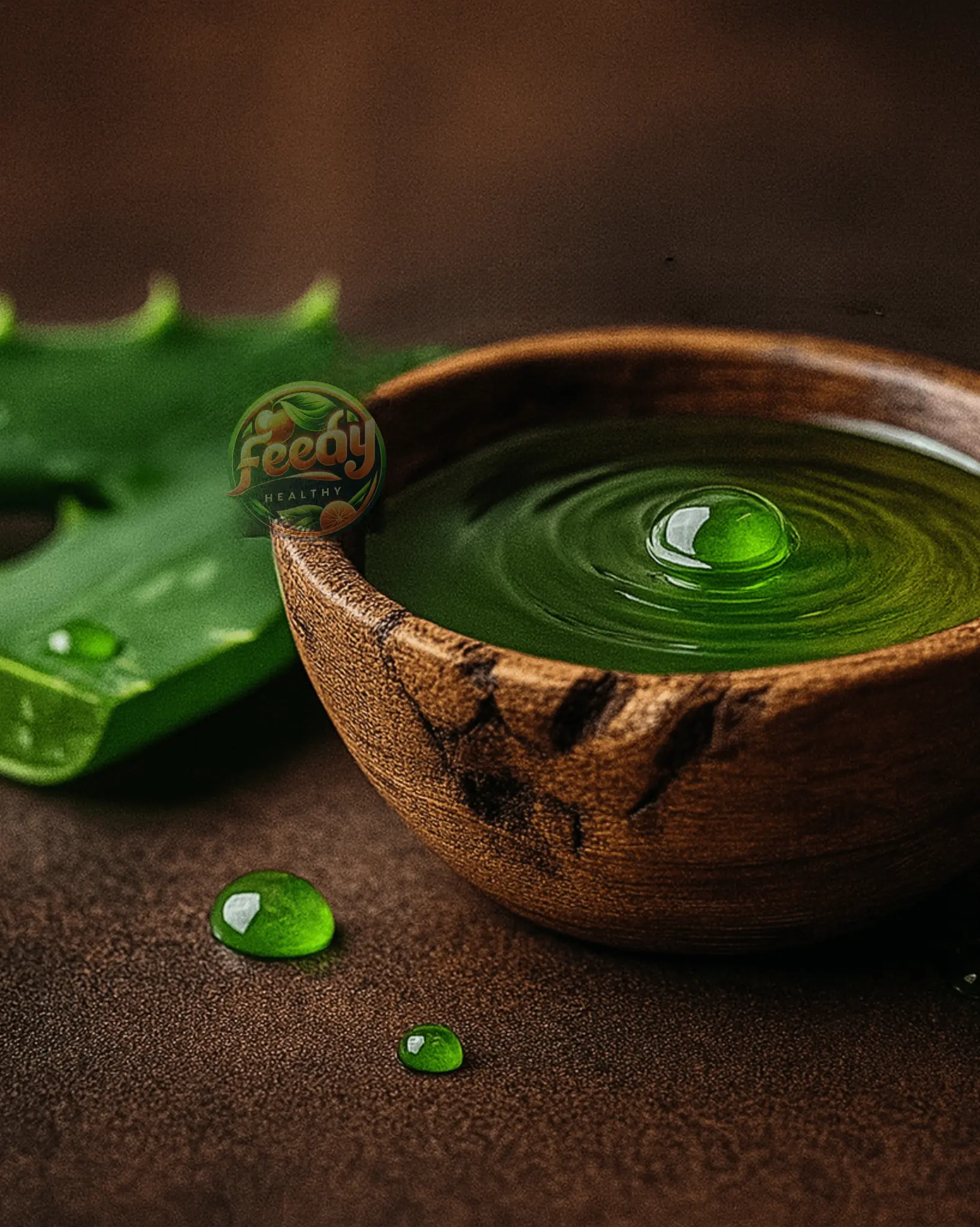
Homemade Okra Face Gel – Collagen Gel for Glowing Skin
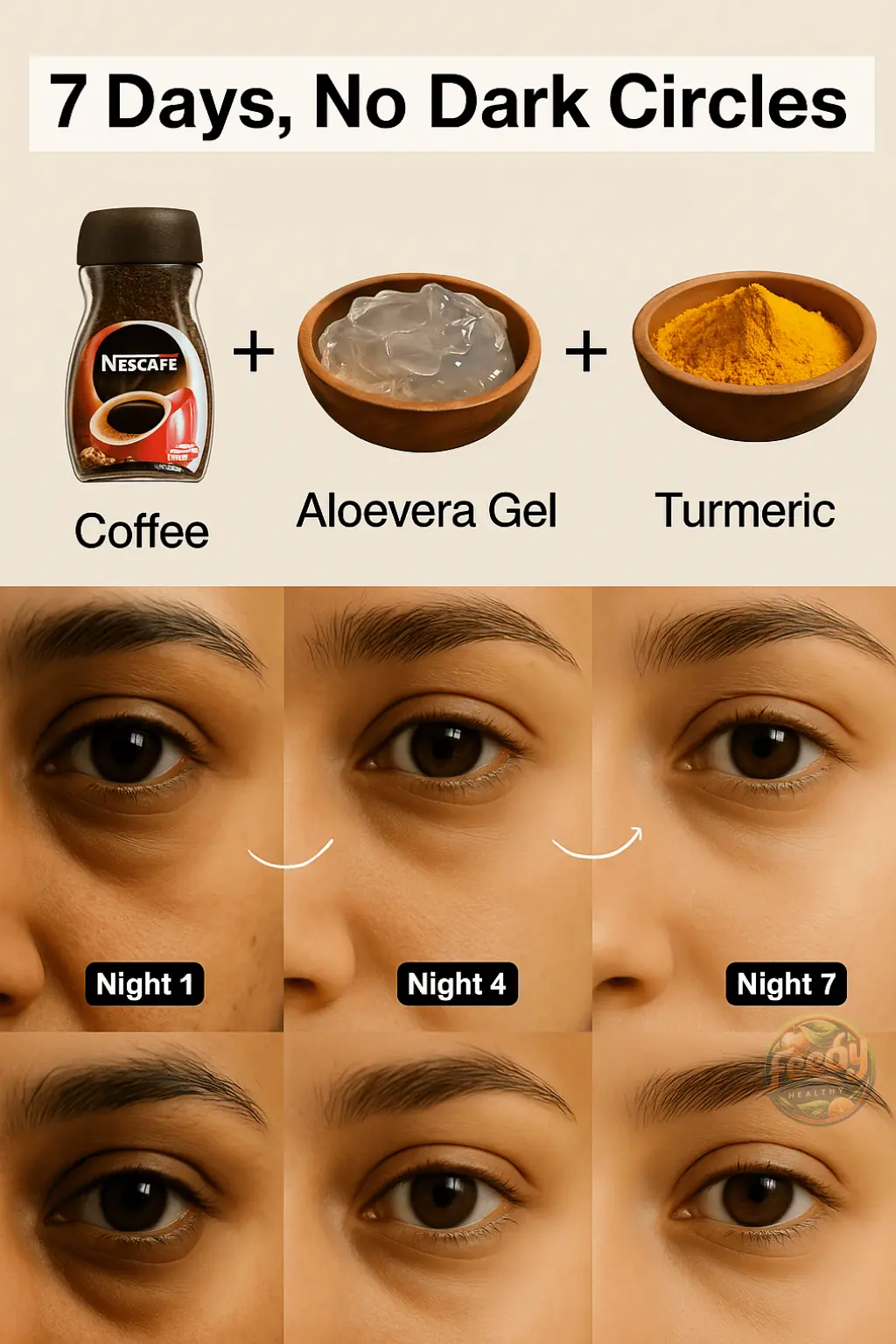
6 Coffee Eye Masks to Get Rid of Dark Circles | Under Eye Wrinkles | Eye bags & Puffy Eyes
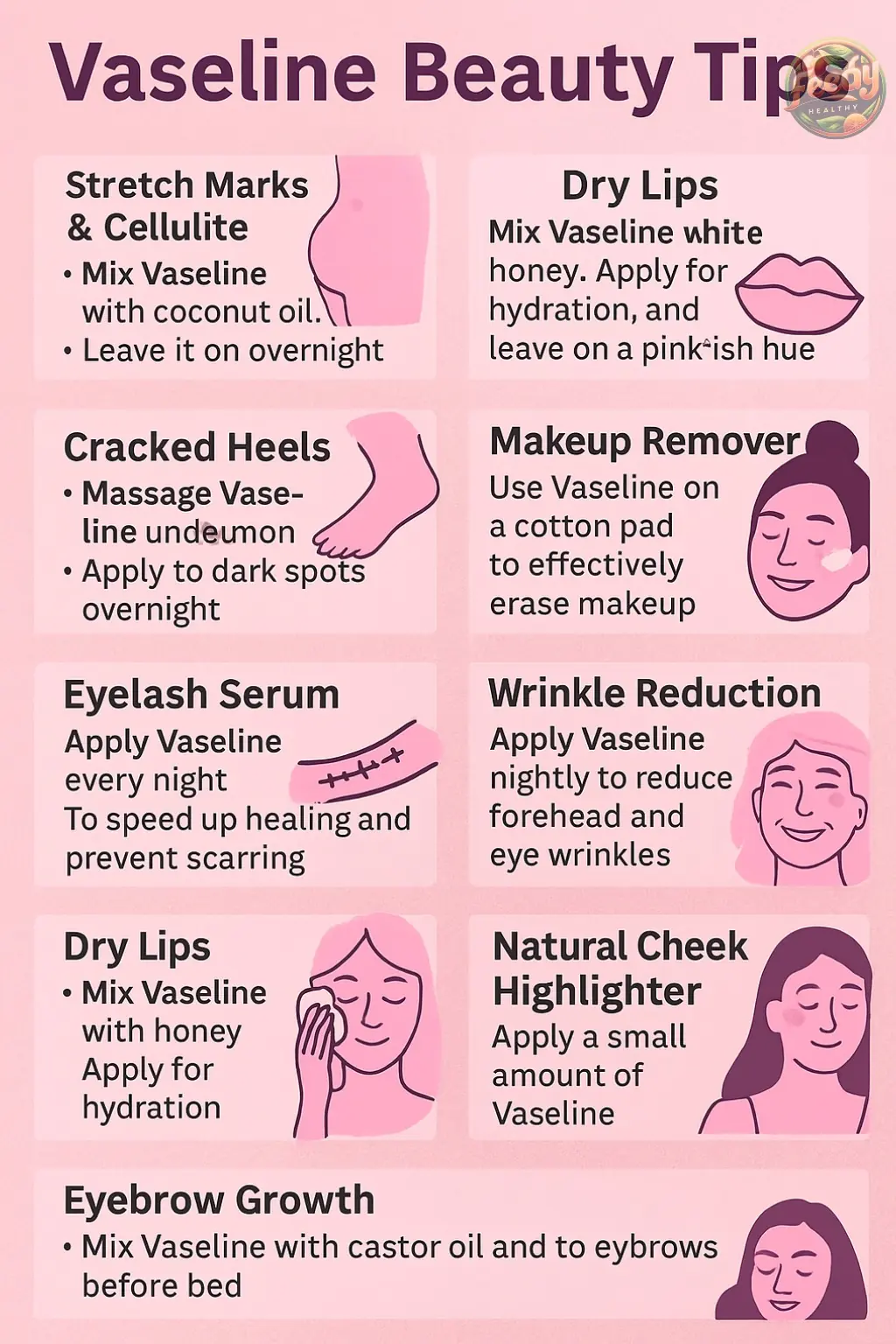
Practical Guide: Vaseline Uses for Skin, Lips, and Hair Care
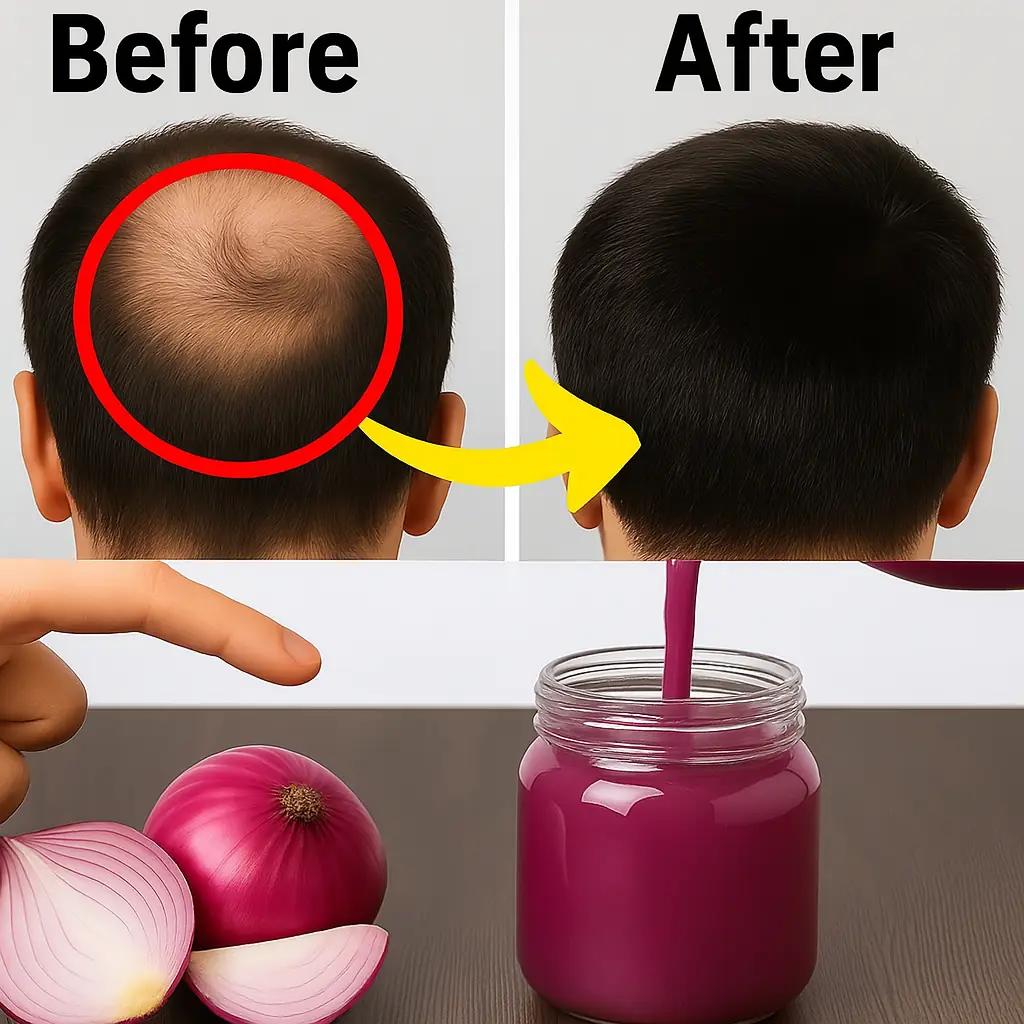
Red Onion for Hair Growth: A Natural Remedy for Thinning Hair

Late Night Beauty Hacks With Vaseline
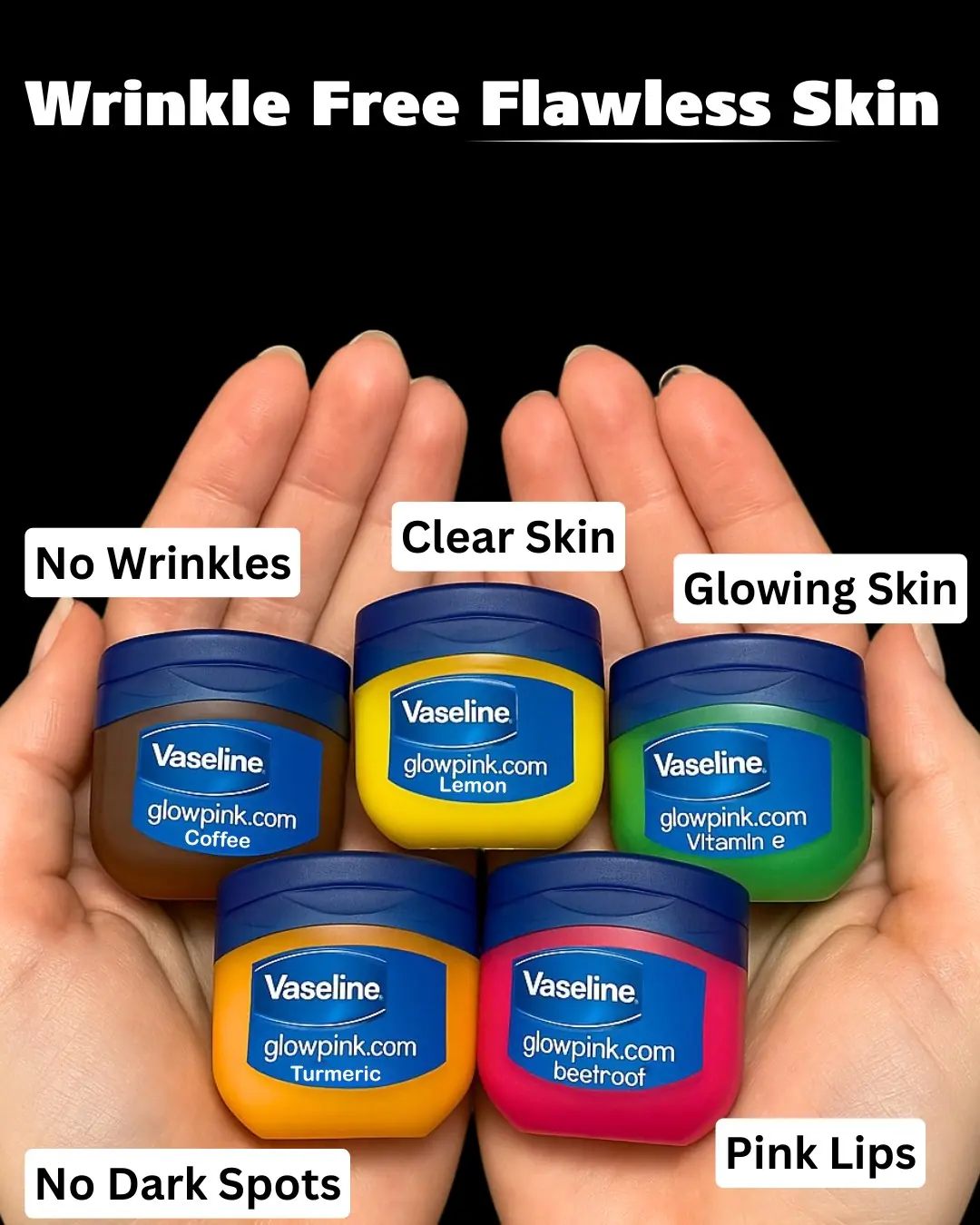
Vaseline For A Wrinkle-Free, Flawless, Glowing Skin
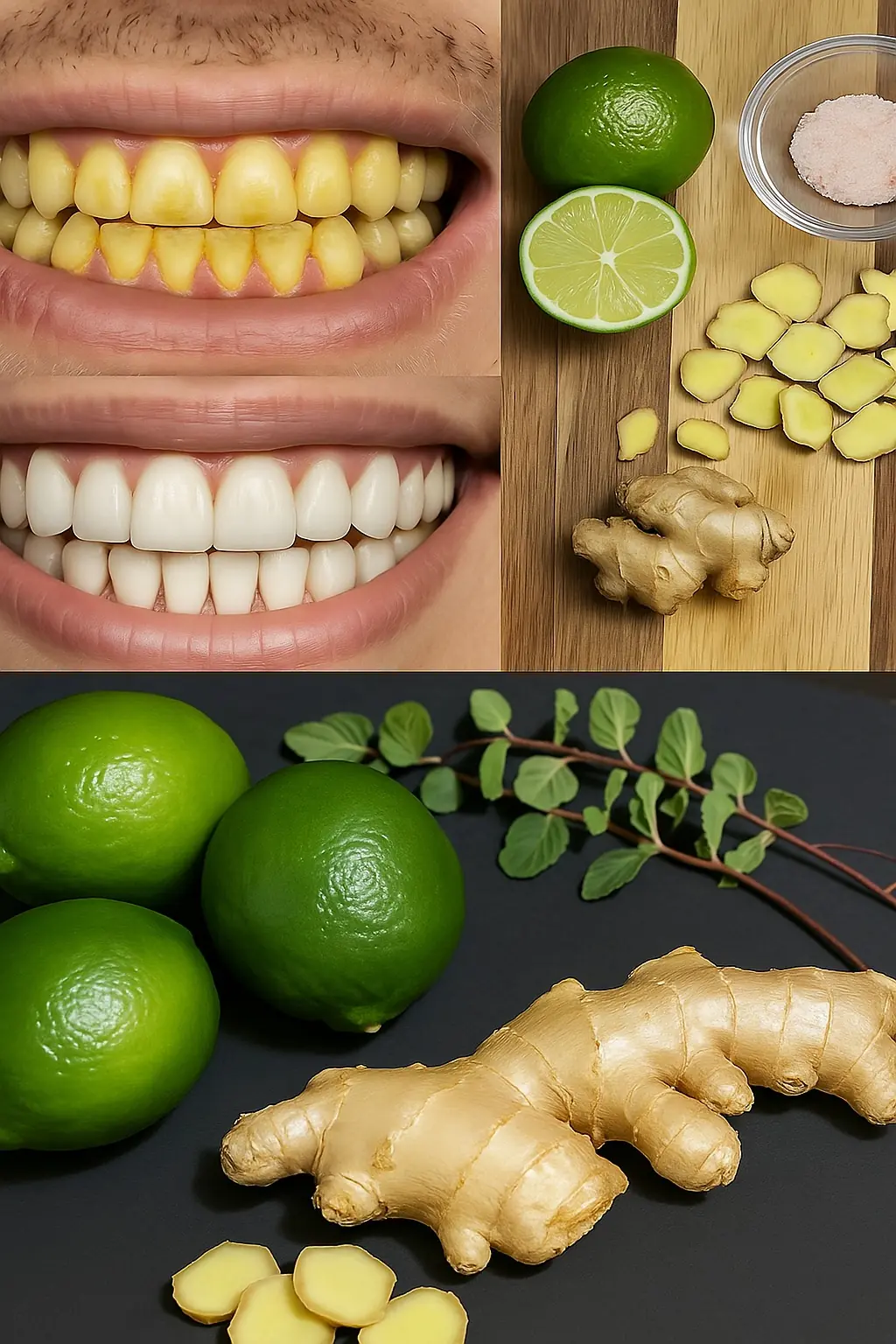
Sparkle Naturally: Transform Your Smile with Ginger and Salt!
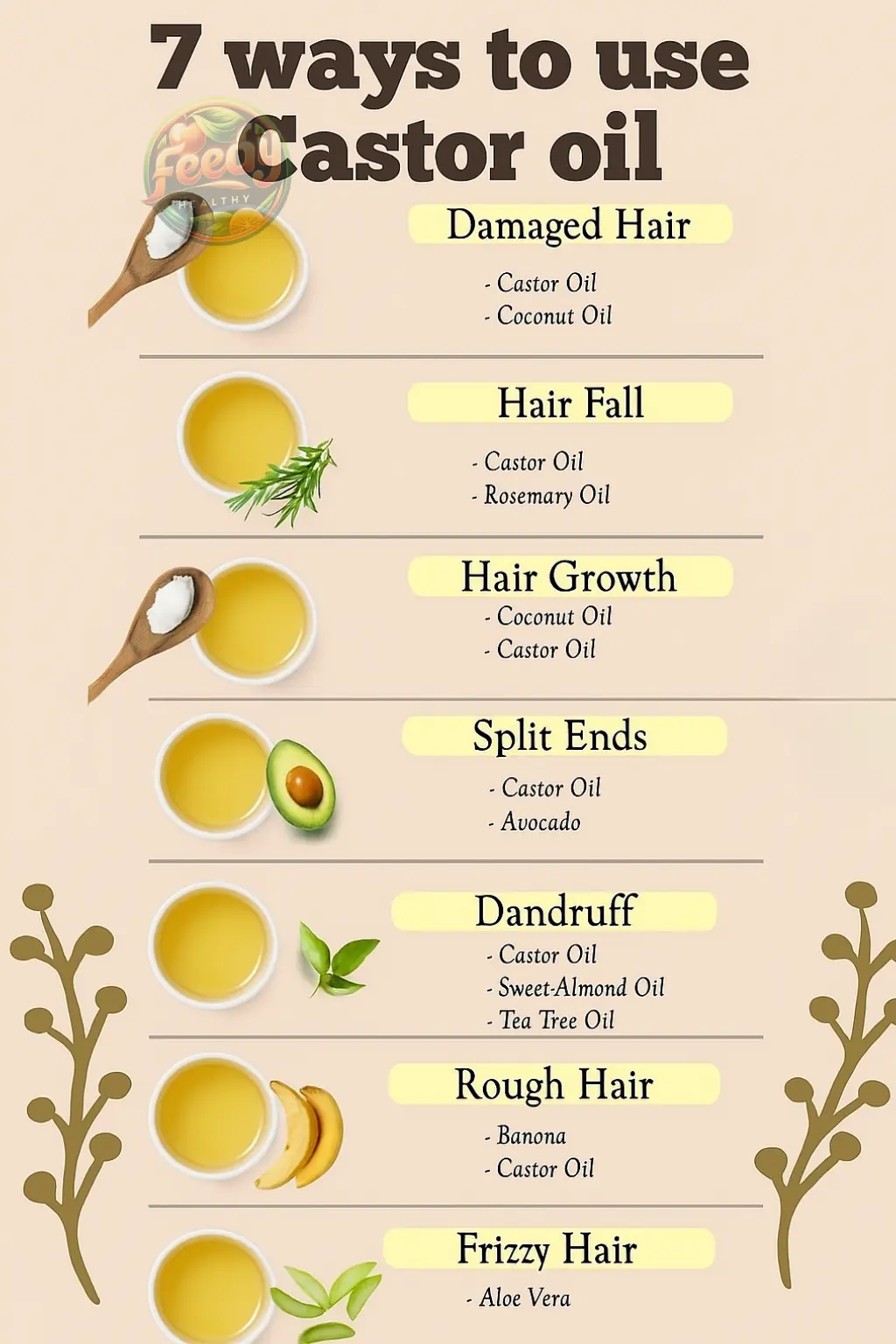
4 Surprising Beauty Uses of Castor Oil No One Talks About
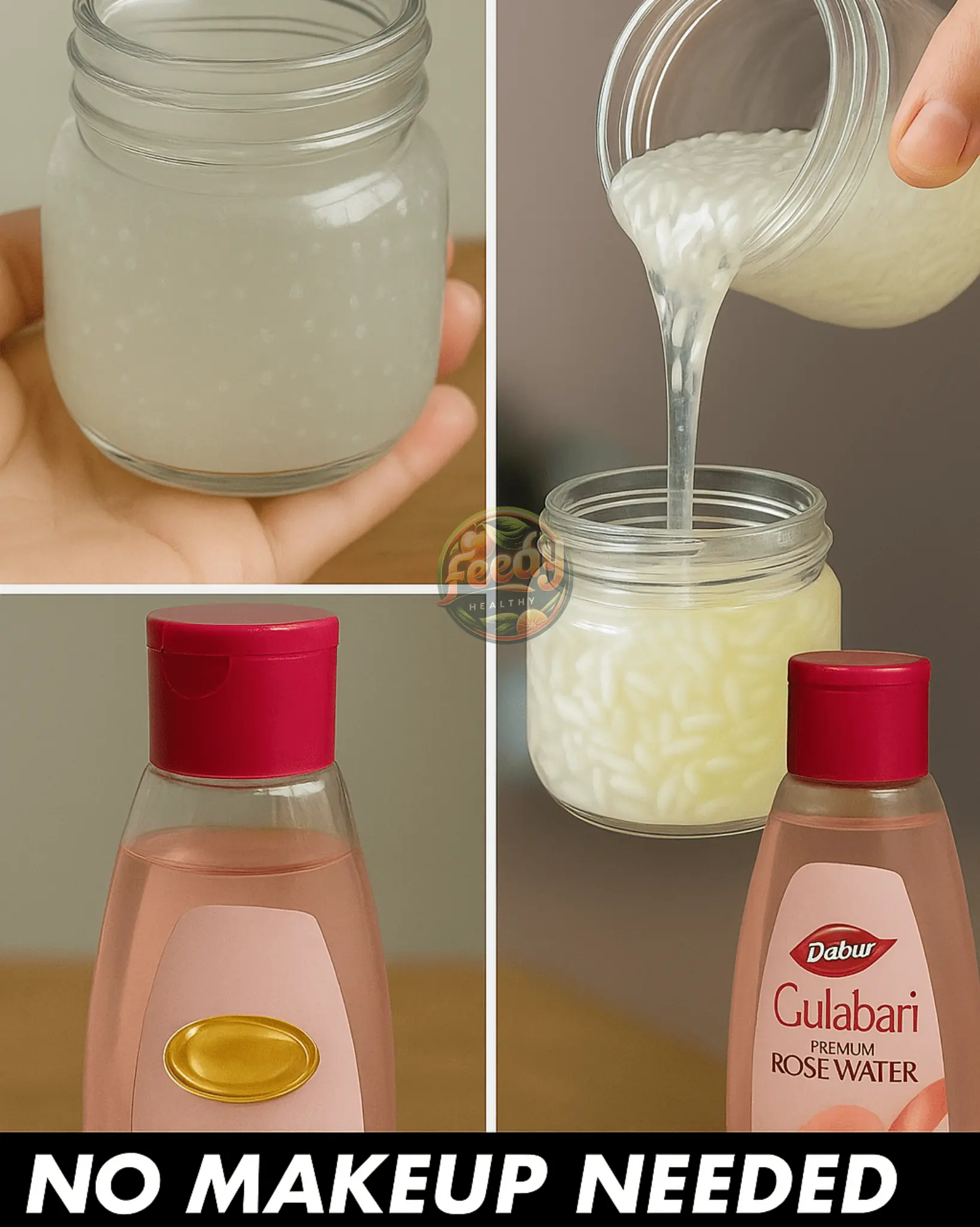
Rice Glow Drops Serum – Young & Glowing Skin At Any Age
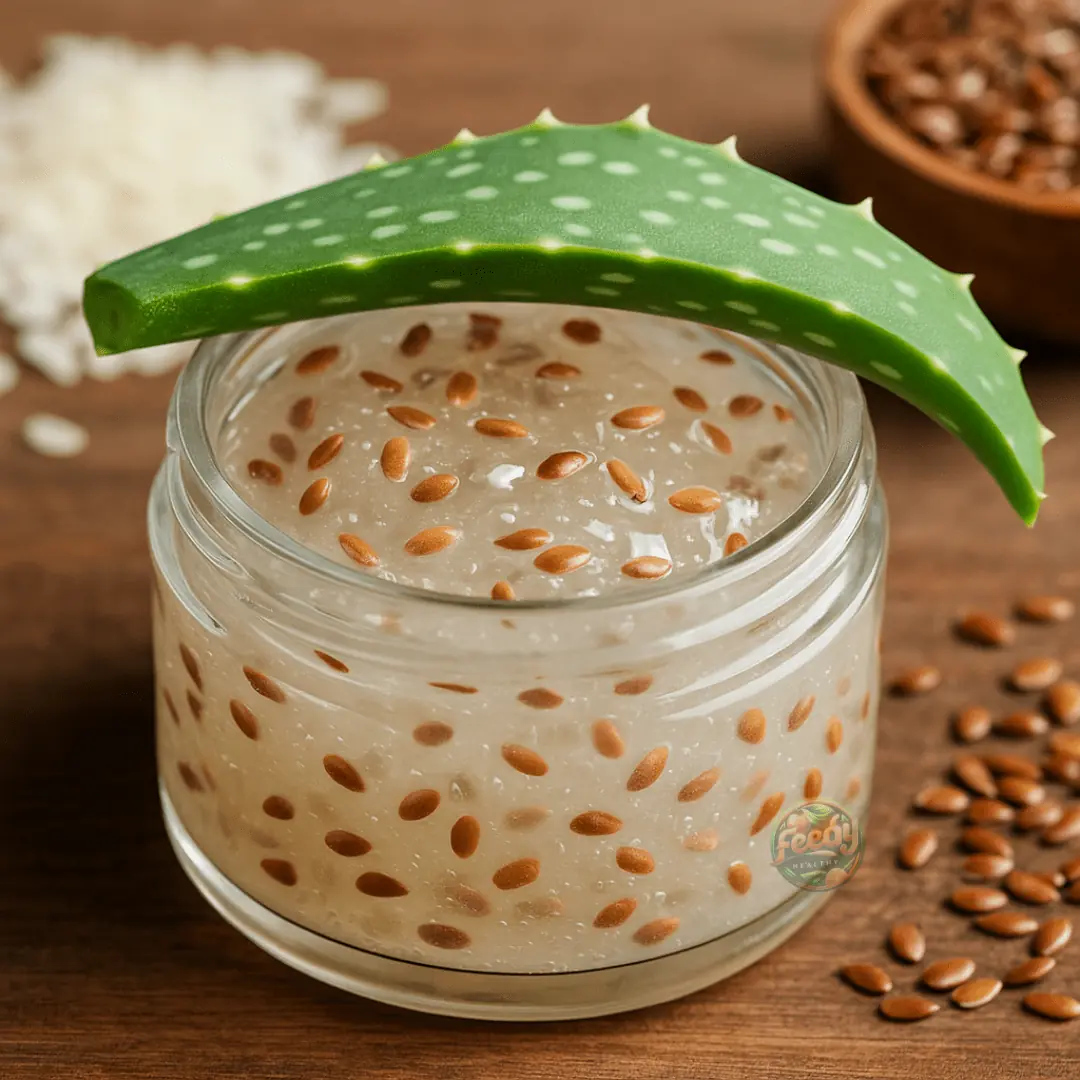
Rice Flaxseed Gel For Youthful & Glowing Skin
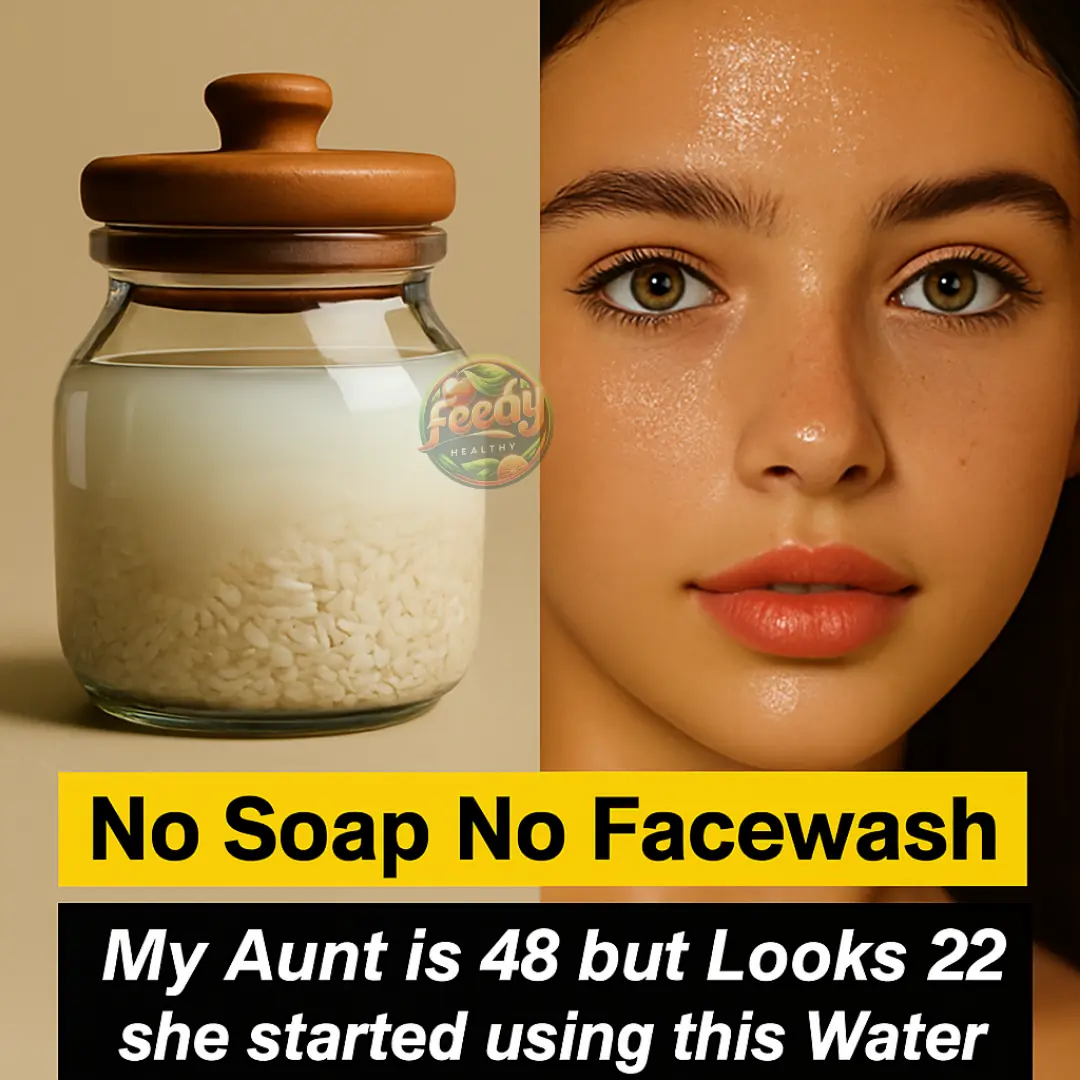
Rice Water for Skin | DIY Toner Benefits to Remove Dark Spots & Shrink Large Pores
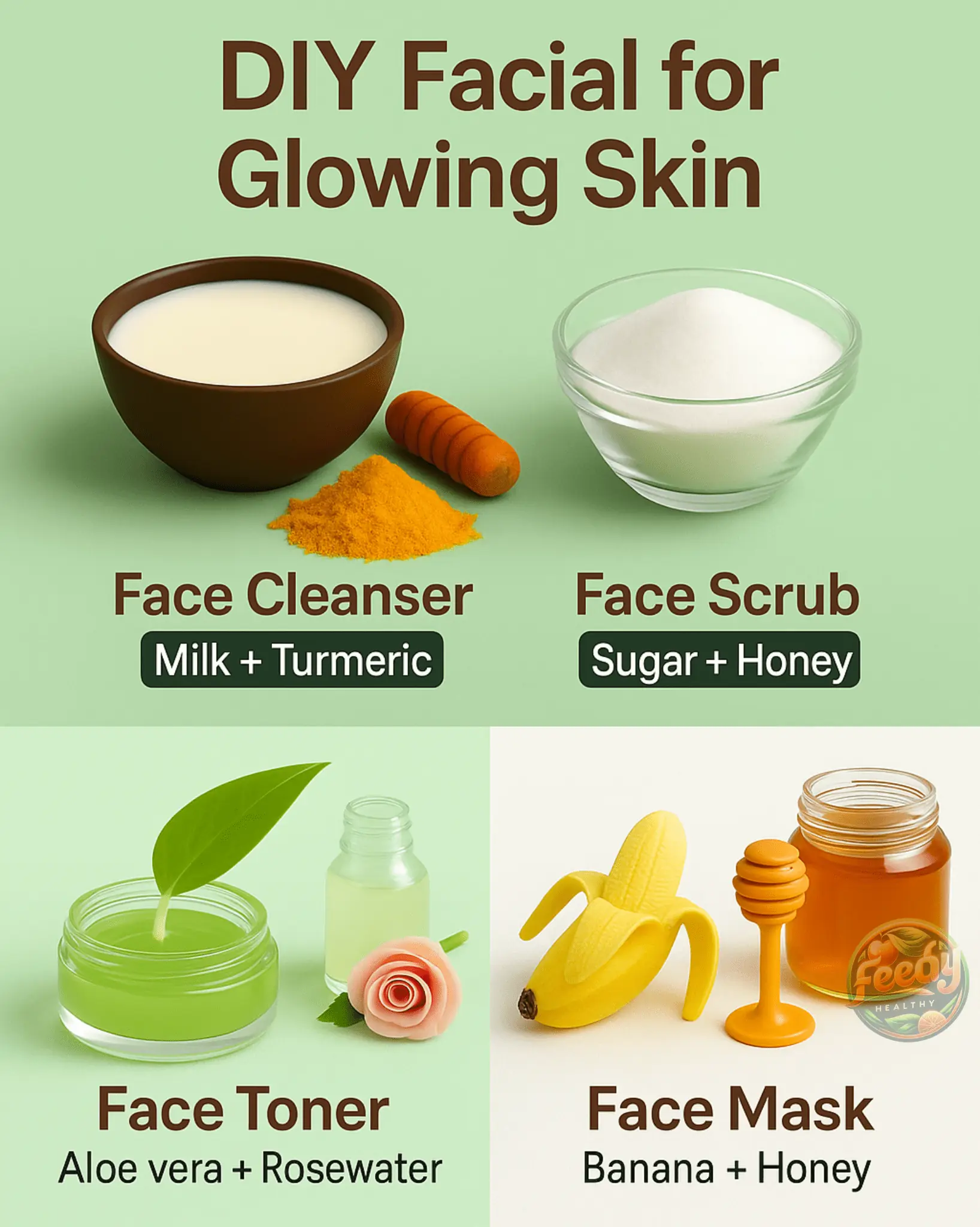
Glowing Skin At Home: 6 Remedies That Work
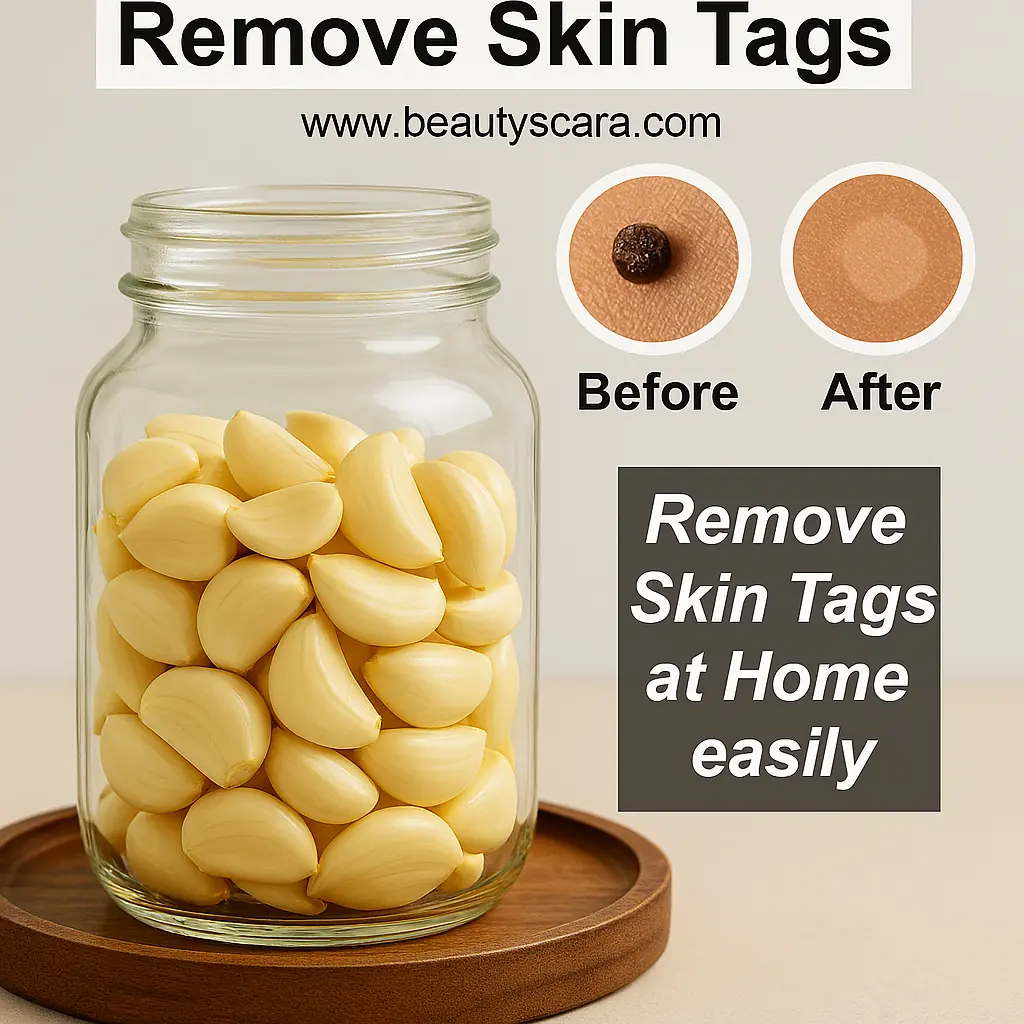
3 Home Remedies to get rid of Skin Tags – Skin Tag Removal
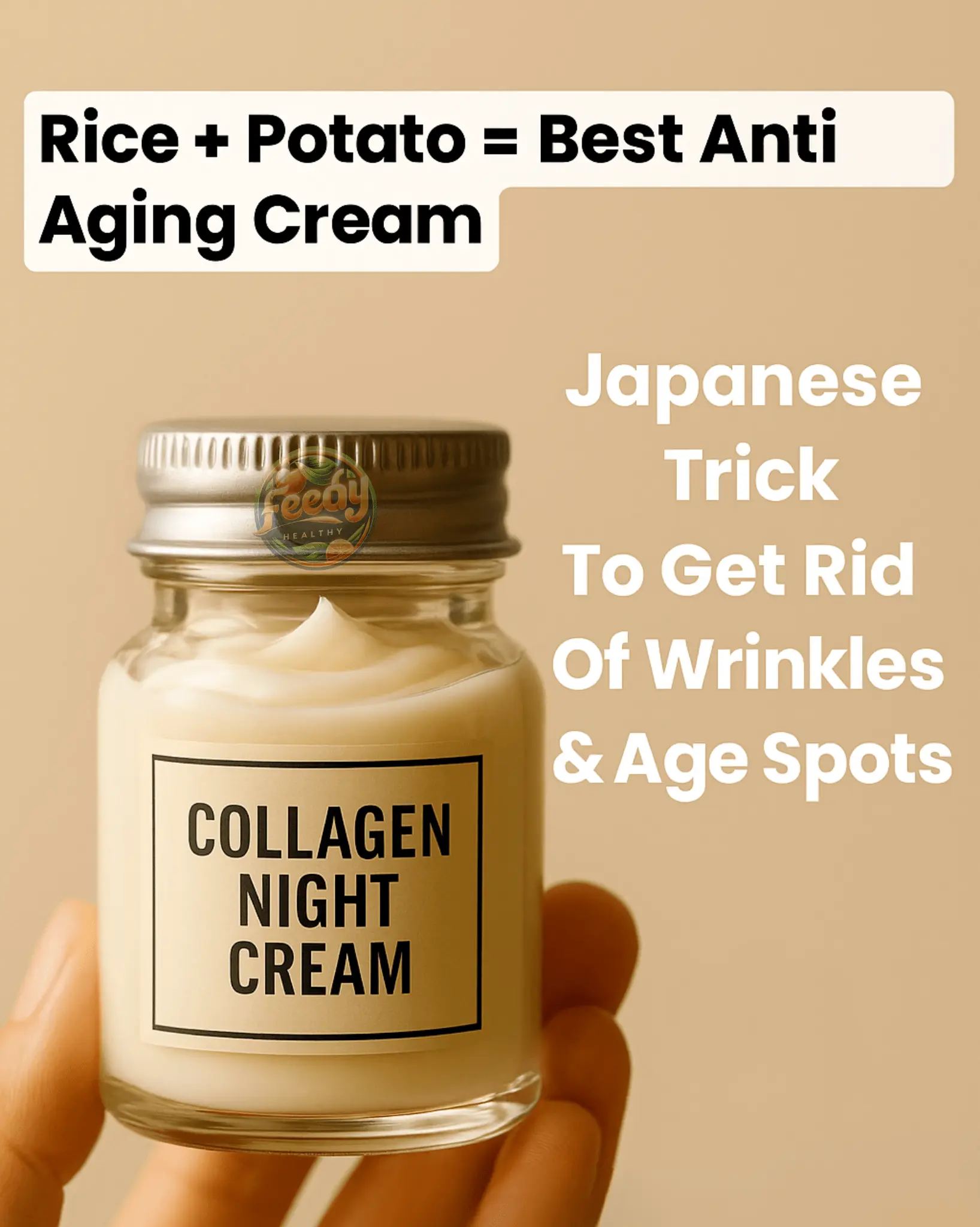
10 Best Potato & Rice DIYs to Get Rid of Wrinkles and Age Spots
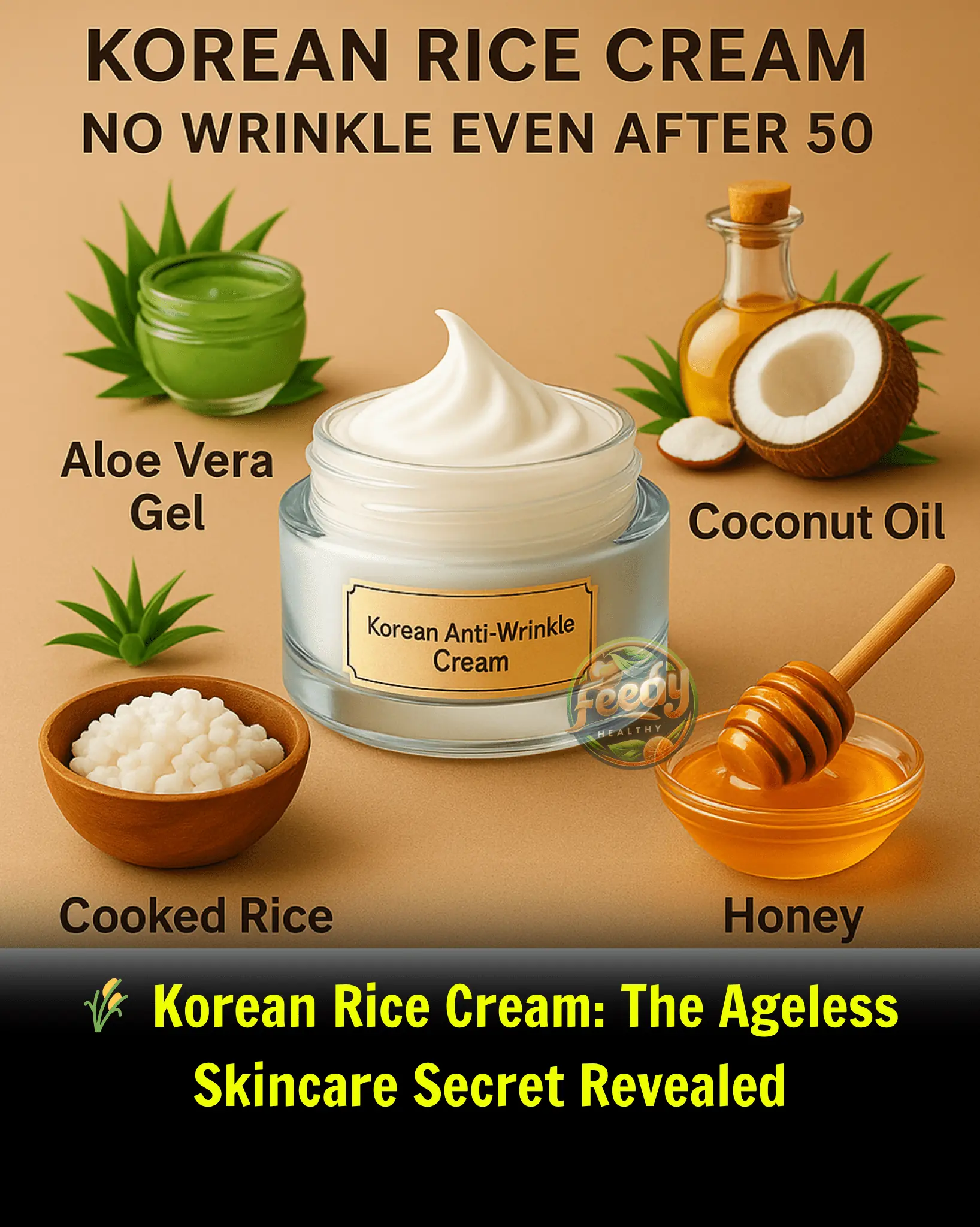
Korean Rice Cream: The Ageless Skincare Secret Revealed

How to Use Rice and Almond Oil to Get Rid of Wrinkles
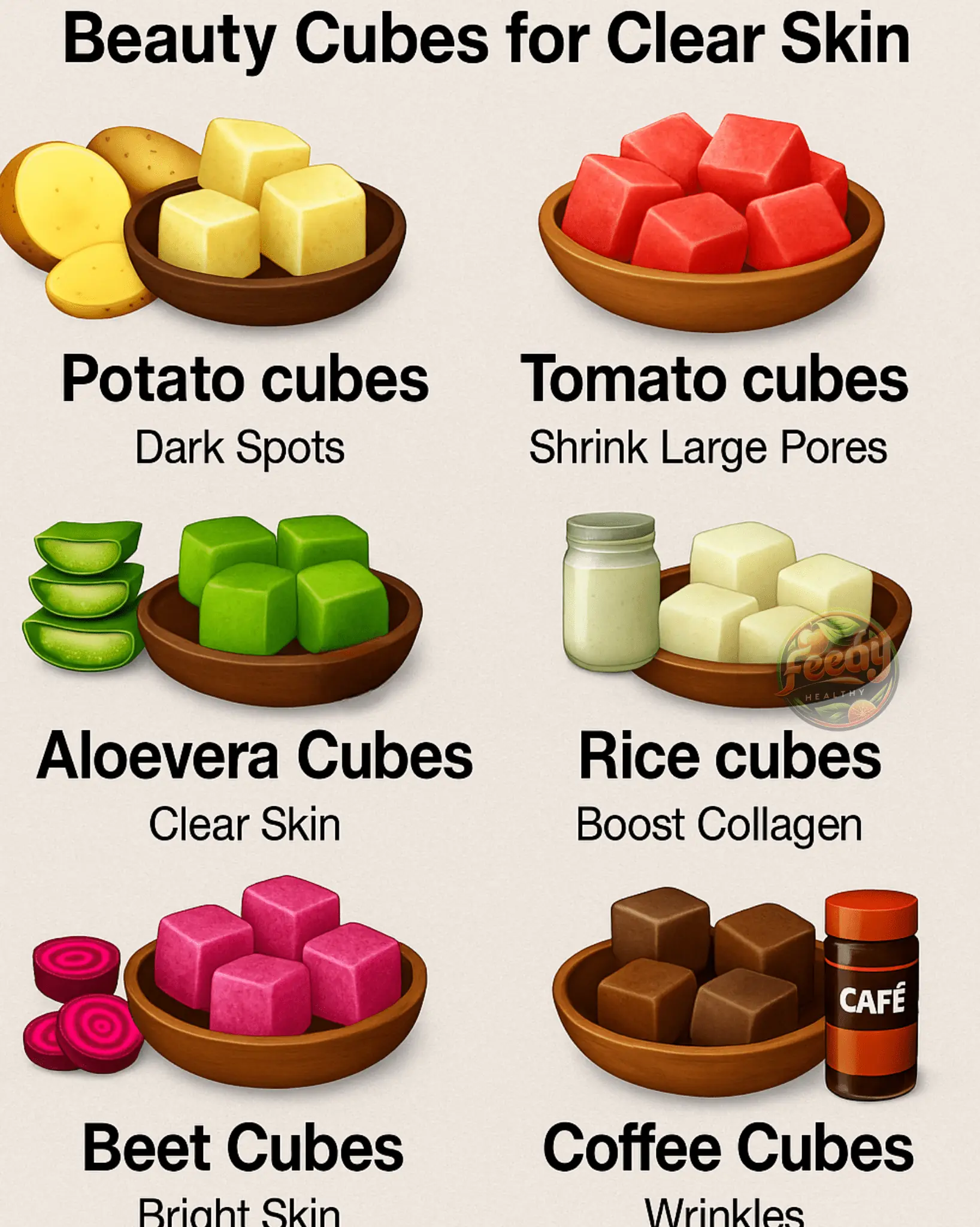
10 DIY Beauty Ice cubes for Face, Glowing Skin
News Post

7 Early Signs of Stomach Cancer Everyone Should Know to Prevent Metastasis

6-Year-Old Boy Suffers Stroke Right After Waking Up – Doctors Emphasize 4 Warning Signs Parents Must Recognize to Save Their Child

If You Have Colon Polyps, These 4 Symptoms During Bowel Movements Could Be a Warning – See a Doctor Before It's Too Late

🍓🍰 Berry Mousse Genoise Layer Cake 🎂

🫐🍰 Nova Scotia Blueberry Cream Cake 🍰🫐

🍑 Gourmet Peach Ice Cream Recipe

Discover the Secret to Naturally Banishing Skin Tags with Lemon & Ginger

Broadleaf Plantain Unveiled: 30 Astonishing Benefits of Nature’s Hidden Healer

Glow Like Never Before: The Lemon & Charcoal Skincare Secret That Will Transform Your Skin

Sida Acuta: The Hidden Miracle Herb You Need to Know About

Unveiling the Secrets of Sida Acuta: The Hidden Powerhouse of Nature

Ignite Your Energy: The Ultimate Coconut Water, Garlic, Ginger & Honey Elixir for Peak Performance

Discover the Secret Power of Papaya Seeds: 10 Health Benefits You’ll Wish You Knew Sooner

Unlock the Secret Power of Goosegrass: Your Kidneys’ New Best Friend

Cloves Unraveled: The Tiny Spice with Mighty Healing Powers
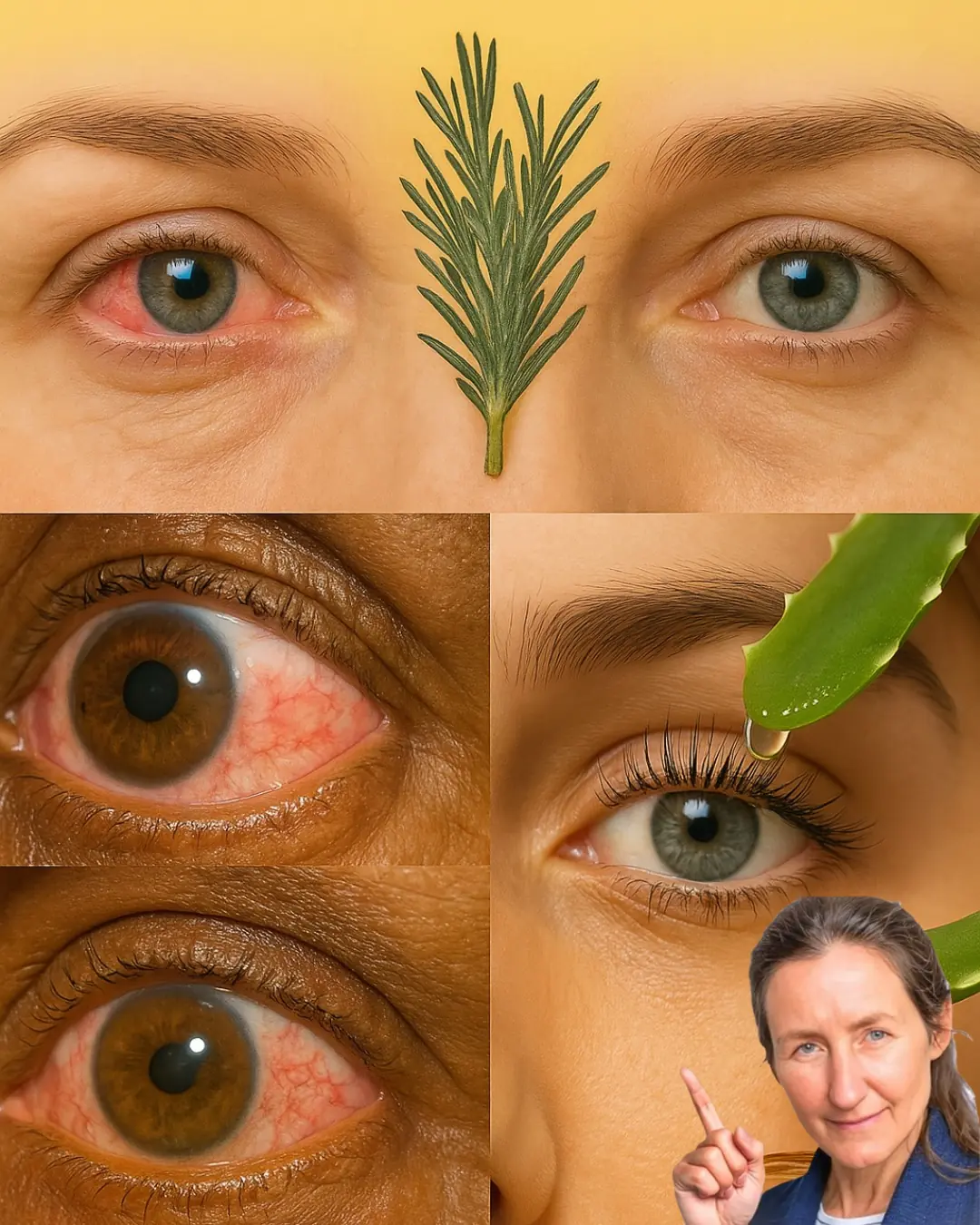
Nature’s Vision Elixir: 5 Miracle Leaves to Revolutionize Your Eye Health

Euphorbia Hirta: 9 Astonishing Health Benefits of This Healing Powerhouse
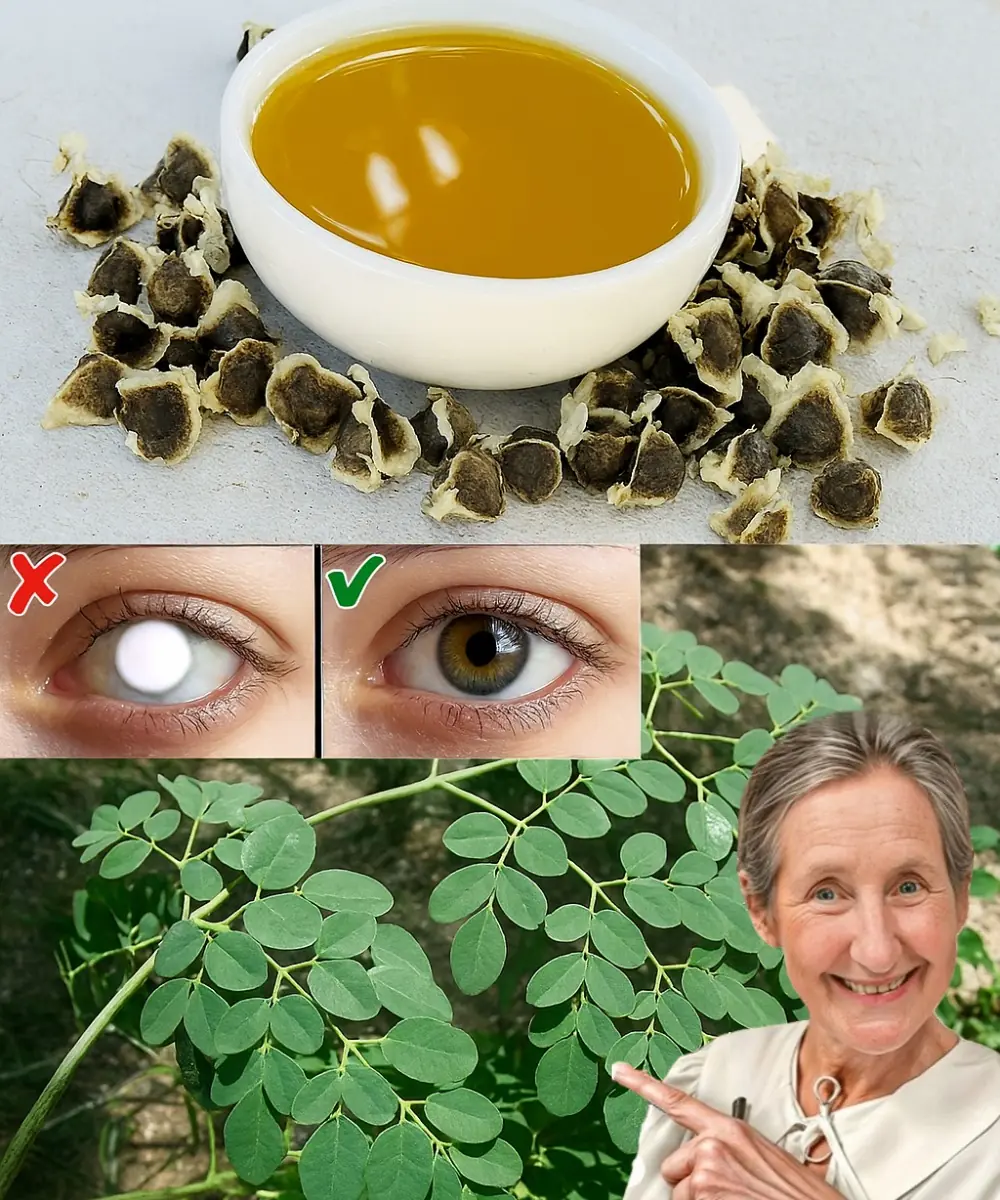
Moringa Seeds: The Tiny Powerhouses Transforming Your Health

Okra Unveiled: 10 Surprising Reasons to Embrace This Green Superstar
